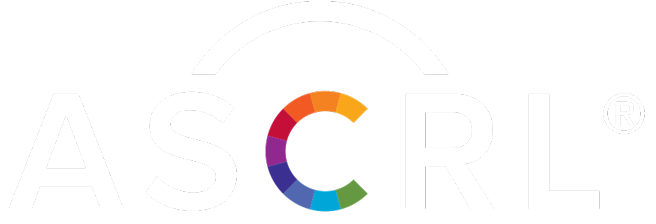© Michael Weschler
Our Mission
Engaging with U.S. policymakers remains essential for protecting both the integrity of ASCRL members’ assets and our members’ ability to reap maximum royalties from their works. In recent years, ASCRL has solidified its position as a prominent player in Washington, DC, wielding influence comparable to the largest corporations and trade associations.
Without ASCRL’s representation in policy-making discussions, there is a significant risk that decisions would be made by policymakers and competitors in ways that do not serve ASCRL or it's members' interests. To achieve its full potential, ASCRL must ensure its voice is heard in Congress, before Federal agencies, and within key decision-making arenas. This practice engagement allows ASCRL to advocate directly for the interests and goals of its members, ensuring they are not left behind in critical deliberations.
Empowering visual creators.
Our Goals
The advocacy goals of ASCRL are centered on both defending and advancing the rights of creators.
First, ASCRL is committed to protecting and promoting copyright as a vital legal framework that safeguards the creative efforts of its members and ensures the are fairly compensated.
Second, we work to secure and uphold the right of our members to collectively license their copyrighted works, enabling them to efficiently manage and monetize their rights through a unified, transparent, and equitable system.
Together, these goals empower our members while fostering a sustainable and fair creative economy.
Our Advocacy
To advance its core policy goals, ASCRL engages directly with key policymakers in the Administration, the U.S. Senate, and the U.S. House of Representatives. By building relationships and sharing the real-world impact of policy decisions on its members, ASCRL has helped shape the national dialogue around copyright protection and promotion of collective licensing. This sustained advocacy has contributed to several significant policy developments.
Senator Blackburn’s AI Framework calls for the establishment of a limited, conditional safe harbor which would allow copyright owners to license their works for specific generative AI uses, without per se anti-trust liability. This pragmatic, market-based approach would permit generative AI developers to access the large-scale datasets they require to compete globally, while returning to…
February 11, 2026 ASCRL has endorsed the Copyright Labeling and Ethical AI Reporting Act, or CLEAR Act, introduced by Senators Adam Schiff (D-CA), and John Curtis (R-UT). The CLEAR Act would require AI companies to disclose their use of copyrighted works to train generative AI to the Copyright Office. These provisions will assist creators and…
The legislation would reduce barriers, modernize registration, and expand access to copyright protection for visual creators.
The bipartisan bill promotes transparency in AI training by providing copyright holders a means to access the training records of generative AI companies, and by establishing an administrative subpoena process requiring generative AI companies to disclose their training data..
ASCRL has endorsed AB 412, titled “Generative artificial intelligence: training data: copyrighted materials. The bill was introduced into the California State legislature by California Assembly Member Bauer-Kahan. The bill would require generative AI developers to document both the copyright owners and any copyrighted materials used to train the system or model before the platform is…
ASCRL endorses the American Royalties Too Act of 2025 (ART Act), introduced by Congressman Jerrold Nadler (D-NY) on June 17th. Currently, in the United States, creators such as writers, composers, and screenwriters can be compensated via royalties from the resale of their works. The ART Act amends Title 17 of US Code to extend the resale…
The bill addresses concerns raised by the misuse of digital replicas with AI technology which cause confusion about an individual’s endorsement or affiliation with a product, service, or other commercial activity.
The bill, introduced by Senators Josh Hawley (R-MO) and Richard Blumenthal (D-CT) on June 14, seeks to clarify that Section 230 safe harbor provisions would not apply to claims based on generative AI. Section 230 of the Communications Decency Act 1996 is the federal law that protects “online computer services” (such as social media, broadband Internet…
The bill would require generative AI platforms to submit a notice to the Register of Copyrights prior to the release of a new generative AI system, providing a summary of the copyrighted works which were used in either building or altering the training dataset.
The bill would address concerns raised by the proliferation of AI-generated deep fakes by directing the development of standards for identifying and labeling AI-generated content.
